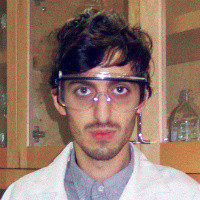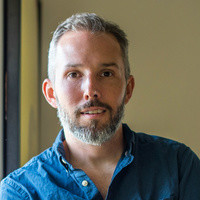Evan Ratliff, a co-host of the Longform Podcast, is host of the new podcast Persona: The French Deception.
“One of these big scams is like a story. And in the story, what they're doing is they're manipulating you to be a participant in the story, and they're getting you so hooked that you will not just do anything they say, but you will invest yourself in bringing the story to its conclusion. And like, isn't that what you're doing if you're trying to get someone to listen to eight episodes, spend that much of their life listening to your voice? … The idea that every story has this person pulling the strings... I like revisiting that in everything that I do."
















